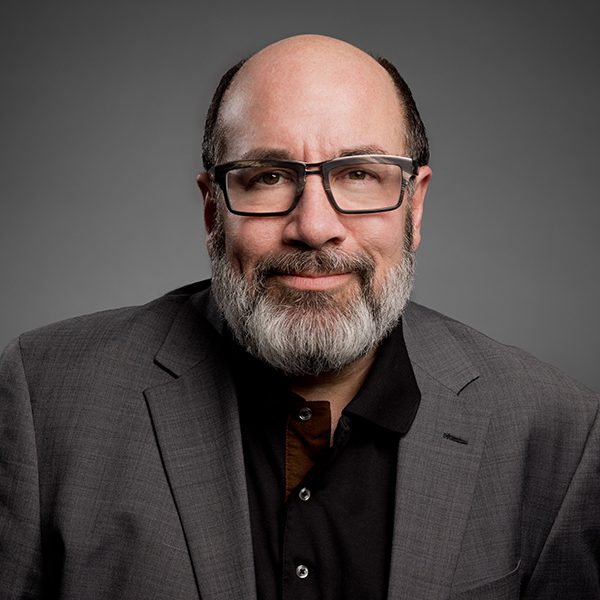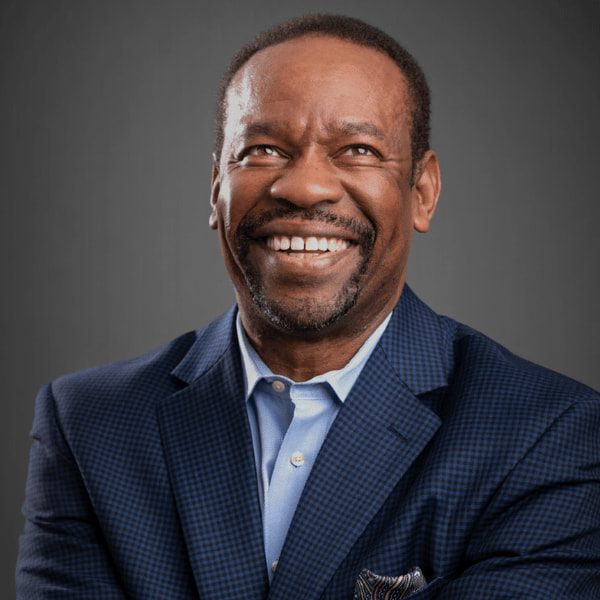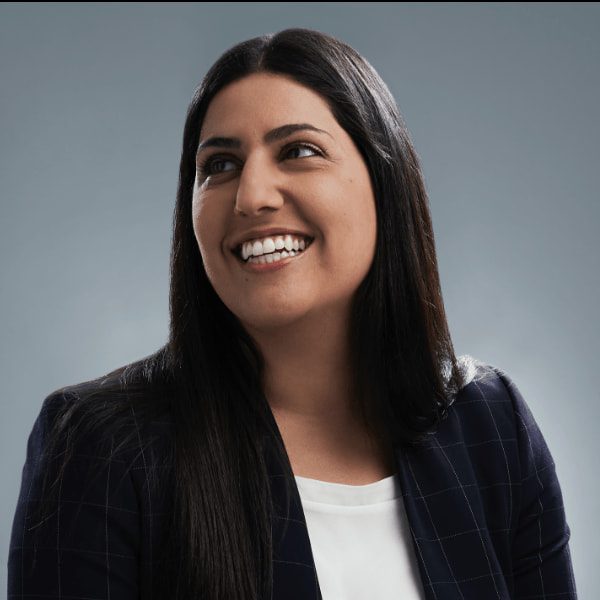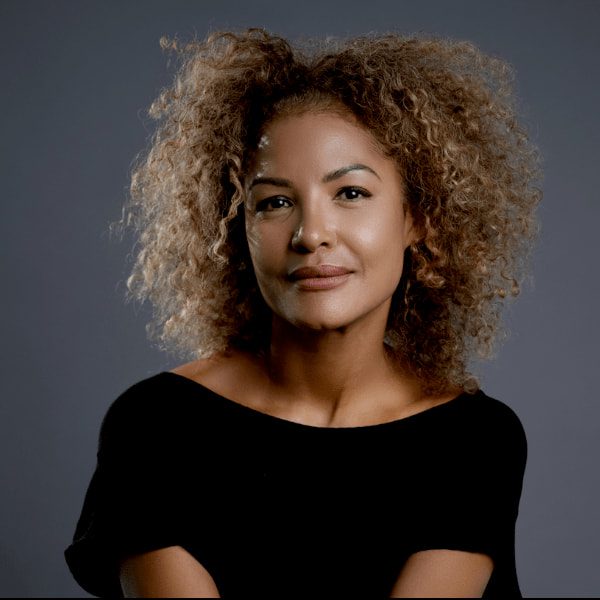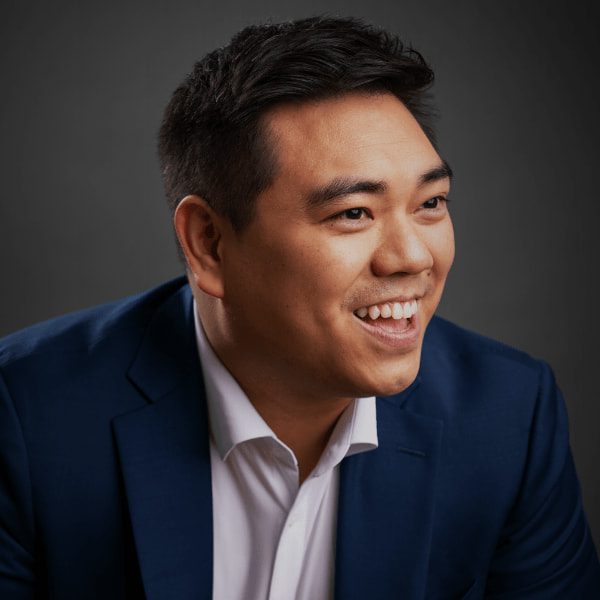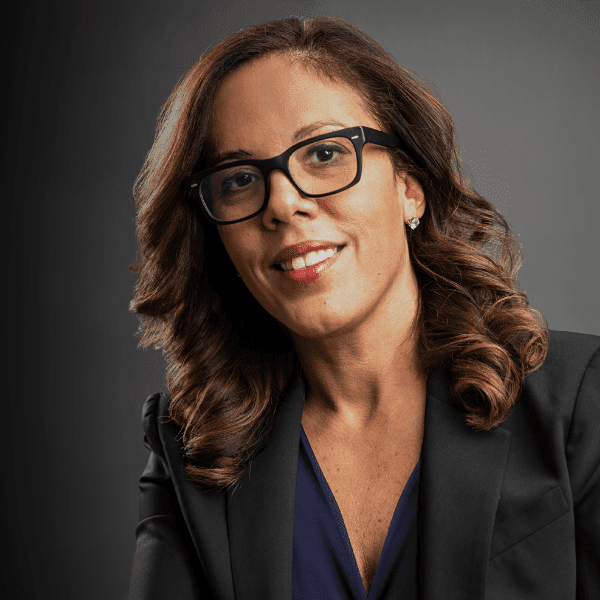Eric Fanchiang
This Is My Story.
My parents are both from Taiwan. As a child of immigrants, I struggled with my identity and what it means to be an Asian American.
I was born and raised in Los Angeles. At the high schools I attended, there was often some underlying racial tension, and I didn’t escape those scuffles. I grew up looking over my shoulder, always aware that I was different.

Meet Eric
Eric Fanchiang is a counsel in Crowell & Moring’s Orange County office and is a member of the firm’s Antitrust & Competition Group. His practice focuses primarily on antitrust litigation for both defendants and plaintiffs and on government investigations.
For college, I went to University of California Irvine. There was a large group of students from China there and many people would just assume that if you’re Asian, you’re also an immigrant. I often found myself explaining that, to my parents’ disappointment, I can barely speak three words of Chinese.
I wasn’t particularly interested in Asian American issues at the time, but going into law school, I started developing an interest in civil rights and racial equality. I joined APALSA, the Asian Pacific American Law Student Association. When I was applying for diversity scholarships, I was often told that I’m not diverse because I’m an Asian man. Those conversations were challenging and confusing, especially with topics like affirmative action being actively debated around me.
Discovering Passions, Finding Mentors
Going into my second year, I wanted to do the most intellectually challenging litigation possible. Antitrust is very economics and math heavy. I think it’s just the coolest area of law. As soon as I started learning about it, I fell in love with it. Big law firms are among the few places outside the government that offer that type of work and the great training to do it well. I knew that Crowell was strong in litigation and antitrust, but I learned that Crowell is also a genuinely special place.
Being a first year in law school and at a law firm are similar: you go in thinking you know so much and quickly realize you know so little. You’re learning not only the substance of law but also how to be a lawyer, how to do essential tasks. There have been some incredible mentors here, people who cared for me and guided me. Chahira Solh was one of those people. As head of the Orange County office, she’s incredibly busy, but she still takes the time to check on her people and treat them as real human beings.

